In a recent address in Abuja, the World Trade Organisation (WTO) Director-General, Ngozi Okonjo-Iweala, highlighted Nigeria’s declining position in global agriculture export markets.
Despite ample arable land and increased investments, Nigeria has shifted from being a net exporter to a net importer of agricultural produce due to quality concerns.
Okonjo-Iweala emphasized that Nigeria’s agricultural commodities often fail to meet the sanitary and phytosanitary (SPS) requirements of foreign markets, leading to rejections and loss of revenue.
The Director-General announced the launch of seven trade support programs aimed at bolstering Nigeria’s trade and industry standards.
These initiatives, including the Standards Trade Development Facility and Digital Trade Initiative support, seek to provide technical assistance to enhance food safety, and animal and plant health capacity, and address challenges such as the e-commerce digital trade divide.
Highlighting specific challenges, Okonjo-Iweala pointed out that Nigerian cowpea and sesame exports frequently face rejections in various destination markets due to non-compliance with international SPS standards. For instance, pesticide residue levels in Nigerian sesame exports to Japan have exceeded permissible limits, leading to health and safety concerns.
To address these issues, the WTO is collaborating with stakeholders to build capacities along the cowpea and sesame value chains.
The project, funded with $1.2 million, aims to improve agricultural practices, including pesticide application, hygiene techniques, and post-harvest methods, to meet international standards and boost Nigeria’s non-oil exports.
Minister of Industry, Trade and Investment, Doris Aniete, affirmed the government’s commitment to facilitating trade and investment by implementing policies and mechanisms to remove bottlenecks.
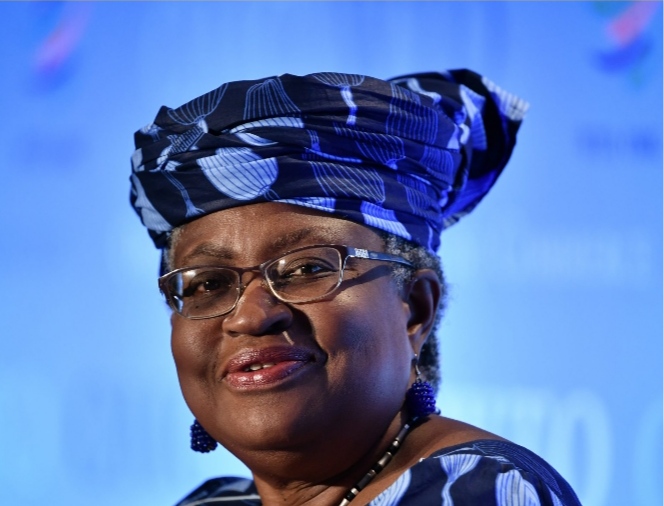
Ngozi Okonjo-Iweala
Additionally, initiatives such as the N50 billion Presidential Conditional Grant Scheme and the N150 billion intervention through the FGN MSME and Manufacturing Sector Fund are underway to support economic players and spur job creation.
Nonye Ayeni, Executive Director of the Nigerian Export Promotion Council, highlighted the importance of the project in enhancing the quality and standard of sesame and cowpea exports.
With the global value of sesame and cowpea exports projected to increase, the project aims to improve regulatory systems and farming practices to ensure global acceptance and better product quality.
The project, STDF 845, is designed to last for three years and will focus on implementing good sanitary and phytosanitary practices, agricultural and warehousing practices, packaging, labelling, and storage systems to enhance the integrity of Nigeria’s cowpea and sesame value chain.





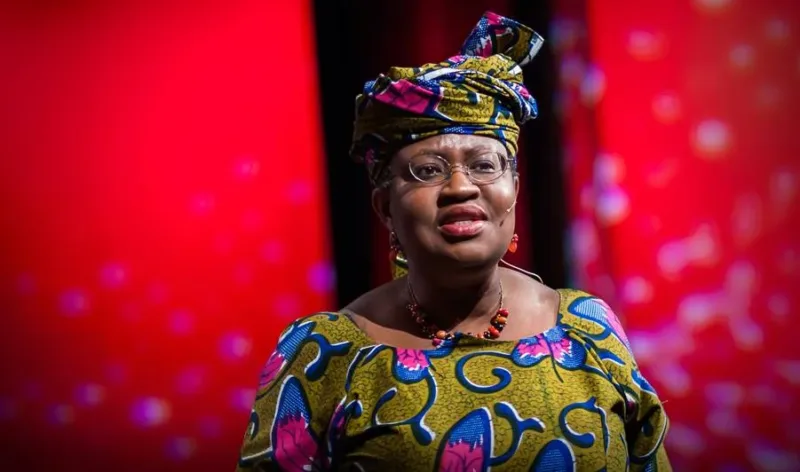
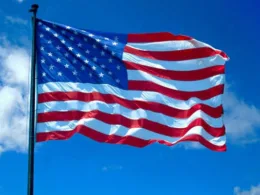
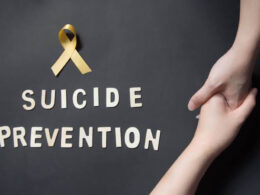

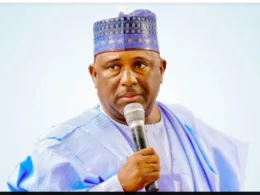
Join our Channel...